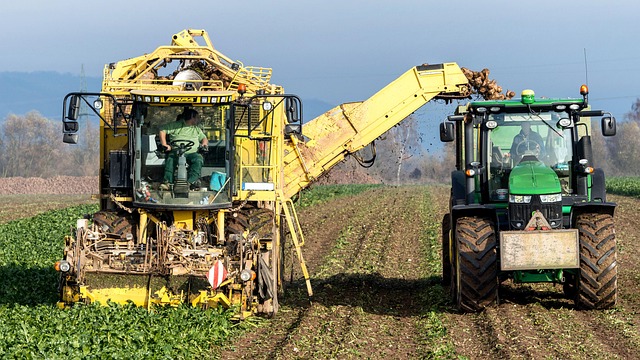Urban gardening has emerged as a vital component of sustainable development in today’s rapidly urbanizing world. As cities continue to expand, the quest for greener living solutions becomes increasingly urgent. Embracing green technologies in urban gardening not only beautifies our environment but also contributes significantly to reducing our ecological footprint.
At the core of sustainable urban gardening is the concept of a carbon-neutral ecological footprint. This means creating green spaces that do not contribute to greenhouse gas emissions, but rather, actively work to absorb carbon dioxide from the atmosphere. Innovative practices such as vertical gardens, green roofs, and hydroponics utilize limited urban space effectively, allowing for lush gardens that thrive without requiring extensive land.
One of the most exciting advancements in green technologies for urban gardening is the integration of smart gardening systems. These systems utilize IoT (Internet of Things) devices that monitor plant health and optimize resources such as water and nutrients. By minimizing waste and ensuring that plants receive exactly what they need, smart gardening can greatly lower the carbon footprint of urban setups.
Furthermore, utilizing renewable energy sources like solar power to operate garden lights or irrigation systems can significantly enhance the sustainability of urban gardens. Solar-powered garden tools and sensors not only reduce reliance on fossil fuels but also encourage gardeners to engage more with their plants, fostering a deeper connection with the environment.
Community engagement is another key component of successful urban gardening efforts. By harnessing the power of collaboration, urban gardens can become spaces for education and interaction, where people learn about sustainable practices and green technologies. Workshops can be organized to educate individuals about the importance of biodiversity, soil health, and local flora, reinforcing the idea that sustainable urban gardening is a shared responsibility.
Advanced composting techniques also play a critical role in promoting sustainability in urban gardening. Composting organic waste not only reduces landfill contributions but also generates nutrient-rich soil that supports healthy plant growth. By incorporating composting into urban gardening initiatives, cities can close the loop in their waste systems, ensuring that nothing goes to waste.
Additionally, employing permaculture principles within urban gardens can increase resilience and biodiversity. Planting companion species, creating habitats, and utilizing natural pest control can lead to a more balanced ecosystem that requires fewer external inputs. These principles not only enhance beauty and productivity but also contribute to a healthier urban environment.
As we look towards the future, the intersection of technology and nature through urban gardening holds immense potential for fostering sustainable communities. By embracing green technologies and practices, we can create urban spaces that provide food security, improve air quality, and promote a deeper connection to our natural surroundings, all while ensuring that we tread lightly on the earth’s resources.




